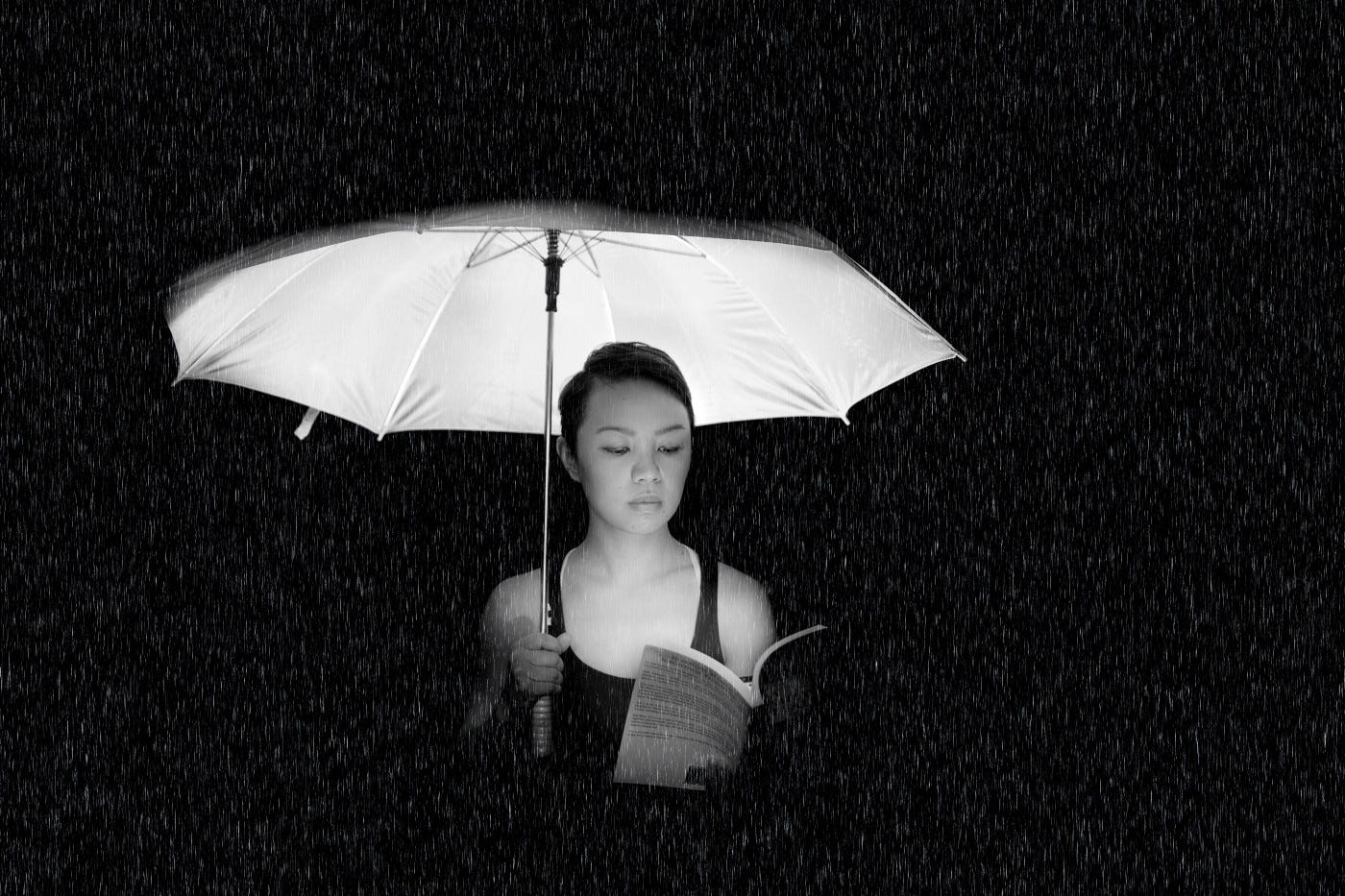One of the challenges I encountered when I began writing, was classifying what genre my stories best fit into.
Since my tales didn’t consistently fit into any one category, I always dreaded being asked what genre I wrote in because I never had an answer. Then I discovered the existence of a genre known as speculative fiction and I immediately had an aha! moment.
It was a perfect fit.
Speculative Fiction, or Spec-Fic as it’s also known, is actually a wider genre that many other, more specific, genres fall under. Everything from science fiction and fantasy to superversive and dystopian can be found under the Spec-Fic umbrella.
But what’s the point of even having a Speculative Fiction genre if it’s still comprised of various other genres?
That’s a good question that has two good answers.
1). Firstly, the Spec-Fic genre exists because it has more than one objective. Not only does Spec-Fic entertain, it’s also intended to evoke thought and reflection in the reader. Fans of Speculative Fiction have come to expect this.
Countless Sci-Fi, mystery, suspense, drama, comedy, and romance stories have been written that are purely for entertainment purposes. Spec-Fic, however, strives to not just reach you emotionally, but cognitively as well. Simply put, Speculative Fiction has a message for the reader.
2). My second answer is because Spec-Fic is oftentimes broader than one specific genre. This benefits an author like me whose stories span the borders of varying genres.
My most recent book is a collection of short stories. Each of these stories can be individually classified under different genres. Although the pedigree of these tales are from different genres, they all contain the DNA of Speculative Fiction.
For another perspective, allow me to direct your attention to the following quotes:
“A good speculative fiction story would make you think, provide a new insight into human nature or even give you a new outlook on life.”
– Lida E. Quillen
“It is a format that informs, delights, and educates a reader. It tells a story that is pleasing to the reader and at the same time opens disturbing questions. Ones that the reader may not be able to frame on their own, or even accept as valid questions in the context of their daily life.”
– Steve Tully
“Good Speculative Fiction transforms ‘what is’ into ‘what could be.’ It vexes, disturbs, and inspires us, becoming a catalyst for new ways of thinking that expand[s] our awareness and subvert[s] the status quo.”
– Vex Mosaic
“A good indication that you’re reading Speculative Fiction is the story doesn’t have a happy ending.”
– J.L. Pattison
Now that you have a better understanding of what Spec-Fic is, would you like some examples of Spec-Fic books?
Well, look no further — I got you covered. Check out a list of Spec-Fic books on Goodreads here.
I hope the preceding has helped you to have a better understanding of this fantastic genre. Thanks for reading, and please don’t hesitate to join the conversation by leaving a comment.
J.L. Pattison is the author of four speculative fiction books, earning him two awards and garnering favorable comparisons to Rod Serling, M. Night Shyamalan, and Ray Bradbury. He also writes for such publications as Liberation Day, Predict, Koinonia, The Startup, The Writing Cooperative, and The Writer’s Sanctuary. His articles have been featured at Mere Liberty and on Wretched TV.
Before you go, if you want to show your appreciation for this article and encourage J.L. Pattison to produce more content like this, please consider buying him a coffee.




